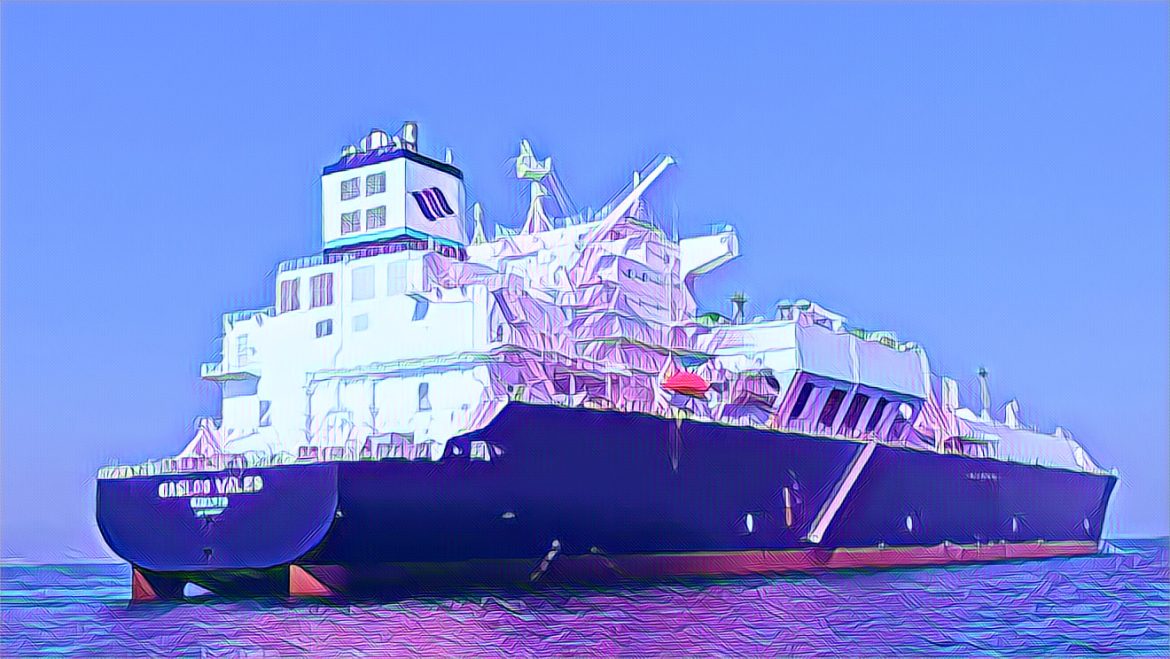The Nigerian Federal Government has recognized the significance of the Marine and Blue Economy Ministry in achieving its ambitious goal of attaining a one trillion dollar economy by 2026.
Mr. Pius Akuta, the Executive Secretary/Chief Executive Officer (CEO) of the Nigerian Shippers’ Council (NSC), emphasized this point during a discussion at the Tincan Island Container Terminal Ltd. in Lagos.
The government is actively working on policy documents to enhance port efficiency and support economic growth, aligning with President Bola Tinubu’s vision of a $1 trillion economy by 2026 and a $3 trillion economy by 2030.
Mr. Akuta explained, “We have a lot of issues to put together, and Nigeria has taken bold steps by establishing the Marine and Blue Economy Ministry to restructure the marine environment, contributing to the country’s Gross Domestic Product.”
He added that the ministry, led by the Minister of Marine and Blue Economy, has been collaborating with stakeholders to address challenges in the sector and develop policies to improve port efficiency.
Efforts to enhance port efficiency will positively impact tariffs, turnaround times, and overall logistics, benefiting both businesses and the economy.
Mr. Akuta emphasized the importance of automation to streamline processes and reduce congestion on port corridors. He also highlighted the need to achieve the International Cargo Tracking Note for cargo clearance and improved port efficiency.
The government is prioritizing these initiatives, with a focus on automation and collaboration with stakeholders to achieve efficient cargo clearance.
Mr. Etienne Rocher, the Managing Director/CEO of Tincan Island Container Terminal Ltd., emphasized the critical role of rehabilitating and modernizing Lagos ports to attract shipping lines and enhance competitiveness in the West and Central African regions.
He also highlighted the challenges posed by poor access roads, which remain the primary means of cargo movement, accounting for about 97% of consignments. Rocher called for swift resolution of access road issues to improve ease of doing business in the country.


